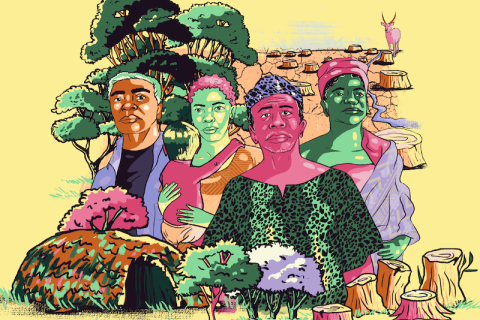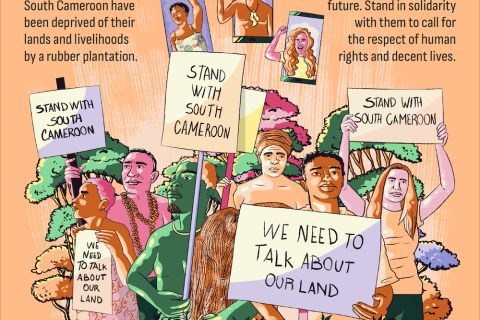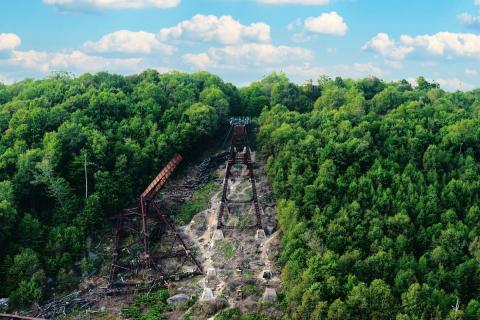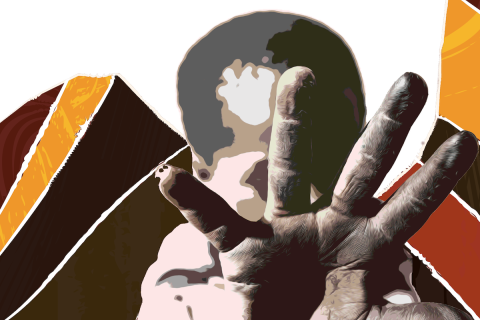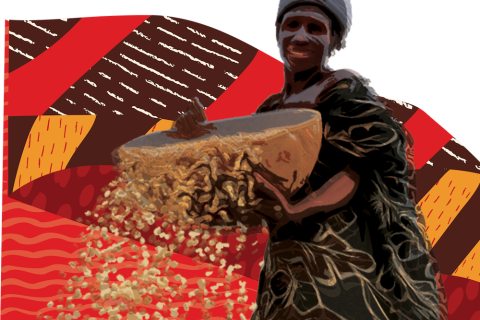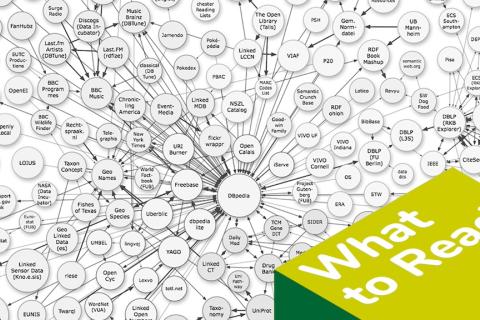SudCam: A Decade of Broken Promises and Community Struggles
In the villages surrounding SudCam's vast rubber plantation in Southern Cameroon, the contrast between initial promises and current reality is striking. More than a decade after the establishment of this Halcyon Agri Corporation Limited subsidiary, local communities face a radical transformation of their environment and way of life.
UN General Comment No. 26/2022: (Re-)positioning corruption as a land rights concern
Current global developments in the land and human rights spheres show a progressive shift to focus on previously ‘unpopular’ subjects like corruption. The most recent milestone in this regard was the adoption of a General Comment on land and economic, social, and cultural rights (E/C.12/GC/26) by the United Nations Committee on Economic, Social, and Cultural Rights (UN CESCR) in December 2022.
Beyond Transparency: Meaningful and Inclusive Public Participation to Counter Land Corruption in Carbon Markets
In Cambodia, a recent Human Rights Watch report documents how Indigenous Chong people have faced eviction and criminal charges following the establishment of a carbon offsetting project on their lands. In Kenya, “the world’s largest soil carbon removal project”, whose credits have been used to offset the emissions of global corporations including Meta and Netflix, has been accused of dispossessing Indigenous Peoples of economically and culturally significant land, and reducing the climate resilience of thousands of people.
Webinar Recap: Insights and Stories on the Impact of Land Corruption on Discriminated Groups in Africa
The Land Portal Foundation, in partnership with Transparency International, hosted the webinar titled "Breaking New Ground: Insights and Stories on the Impact of Land Corruption on Discriminated Groups in Africa." The webinar brought together a panel of distinguished experts to delve into the challenges and complexities of corruption intertwined with discrimination in land rights and governance. This session provided crucial insights through detailed case studies and expert analyses, offering pathways towards more equitable land management practices.
Fighting for Land and Shade
Razina is different. Unlike most people in Madagascar, his skin is pale. His hair is blonde and his eyes are a light shade of pink. Razina has albinism.
He became aware of just how different he was at a very early age. When he arrived at school for the first time, all the other children teased and harassed him. The bullying continued throughout his time at school. “They treated me as less than human, like a dog,” he recalls.
Open land data for what? Reflections on sustainability and power
A selection and review of readings that shed light on the role that open land data can play in equitable and sustainable development, and social justice.
Unleashing the Data Revolution: Empowering Land Governance through Open Metadata
A new publication titled "The Role of Metadata and Open Data in the Innovation Cycle of Land Administration" puts the spotlight on this dynamic domain. This publication offers valuable insights into the significance of open data and structured metadata, and how they can revolutionize land administration processes worldwide. By delving into the core principles of open data and metadata, this publication offers a comprehensive understanding of how these tools can be leveraged to foster innovation and drive positive change in the land governance sector.
Good Land Governance: The Problems of Transition to Transparency, Participation, and Accountability
Good Land Governance is a governance system that aims to protect the property rights of individuals and enterprises based on following good governance principles like accountability, transparency, the rule of law, effectiveness, efficiency, equality and public participation (Espinoza et al, 2016; Zakout et al., 2006). The line of criticism applied to notions of Good Land Administration or Good Land Governance is their vague and rather declarative character.
Enhancing Access to Land Data: The SOLIndex and Open Up Guide
As an advocate for open land data, the Land Portal Foundation aims to improve access to land data, engage stakeholders, and support actions that promote data openness. I recently had the opportunity to introduce the State of Land Information Index (SOLIndex) and talk about the Open Up Guide at the Global Land Tool Network (GLTN) Partners’ Meeting in Nairobi and show how these tools play a vital role in improving access to land information.
Human Rights Day: Land grabbing in Africa
Three new case studies show: In the context of large-scale land investments in Africa, human rights violations and social as well as environmental damages are the rule, not the exception. The message of the studies is therefore clear: development banks and their governments must do more for human rights and take responsibility for damages caused.

